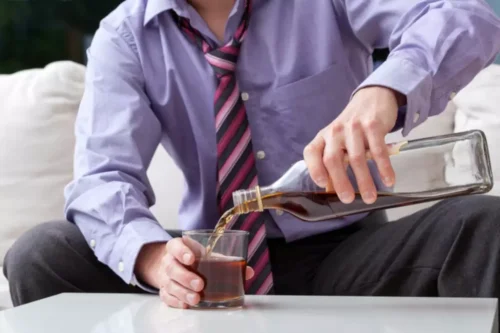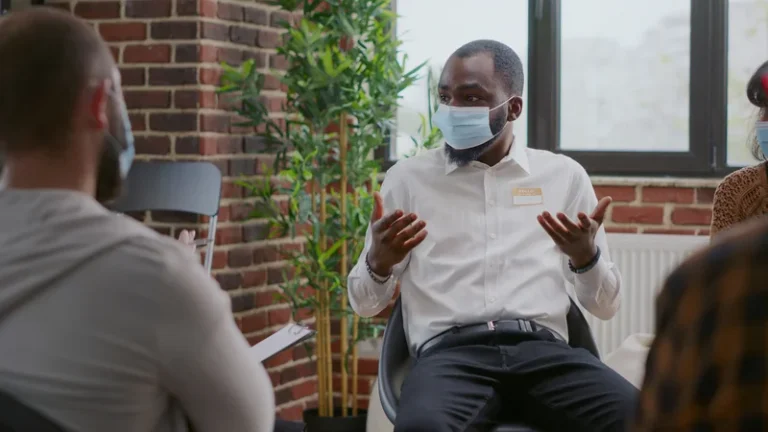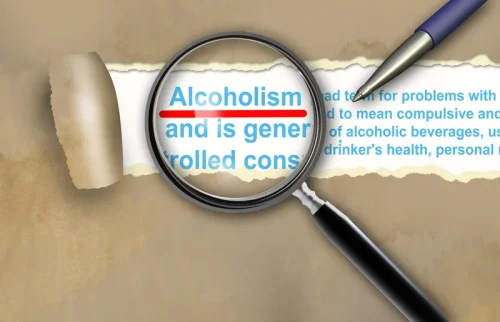
Here are seven common relapse triggers that can affect your addiction recovery. Remember, even with the best relapse prevention plans to avoid relapse triggers, the risk is always there. If you do find you slip up and relapse, it doesn’t mean you have drug addiction failed yourself or anyone close to you. Even with the best-laid plans to avoid relapse triggers and prevent relapse, the risk is always there. If you do get caught off guard and slip-up, it does not mean that you are a failure and doomed to drug addiction forever. This may come as a surprise, but being overconfident during your recovery is actually a huge relapse risk.
Avoiding High-Risk Areas
Relapse triggers are situations, experiences, or emotions that increase the risk of returning to substance use. It is very important to remember that relapse is not a sign of failure, but rather a part of the recovery process for many people. Instead, it provides an opportunity to learn and grow, to identify what led to the relapse, and to make necessary changes in one’s treatment plan. High-risk situations often arise in contexts where interpersonal conflicts occur, such as heated discussions related to finances or relationships.
Substance Abuse Treatment Programs
It is common for people who struggle with addiction to relapse at least once during recovery. Some people fall off the wagon several times before getting sober for the last time. In fact, despite the existence of FDA-approved treatments for nicotine, alcohol, and opioid addiction, more than two-thirds of individuals will relapse after initiating treatment. Triggers that happen outside of the individual are not necessarily beyond control.
- This means you need to carve a little time out of your day to ask for help.
- This involves regular wake-up and bedtime hours, incorporating healthy activities, and having a clear schedule.
- Coping in a healthy manner requires that you have a plan in place to address your needs when you cannot directly respond to the particular trigger.
- By doing this, you will be reducing the likelihood of stress triggering a relapse.
- Triggers do not necessarily lead to relapse, but they do make it harder to resist the sudden cravings they produce.
- Recognizing and addressing these common relapse triggers allows for proactive management, thus reducing the likelihood of reverting to substance use.
Major Life Changes
- When doing this, think outside the obvious and ask your sponsor or counsellor for help so you’re not later caught off guard by an emotion, sight or smell.
- Seeking therapy or counseling to process and heal from past traumas is a proactive step.
Cognitive therapy and mind-body relaxation techniques are important tools in developing healthy coping skills and preventing relapse. Cognitive therapy helps individuals address negative thinking patterns and develop positive thought patterns that support recovery. Mind-body relaxation techniques, such as deep breathing and meditation, can help manage stress and reduce the inclination to resort to substance use as a coping mechanism.

Internal triggers act in reverse, associating these signals to the substances that elicit them. High-risk places remind former drug users of the times they engaged in substance use. Walking or driving through places where they used to drink or consume drugs can spark a memory connected to drug or alcohol use. You might be worried that this distraction tactic might come across as rude if you’re out in public. There’s nothing rude about taking care of yourself and avoiding triggers that could lead to a relapse. After a period of poor self-care, someone in recovery will likely experience some of the mental signs of relapse.

Evolving Strategies
A trigger is an emotional, environmental or social situation that drags up memories of (or associations with) drug or alcohol use in the past. These memories can stir up strong emotions that lead to the impulse to use a substance again. Triggers do not necessarily lead relapse triggers list to relapse, but they do make it harder to resist the sudden cravings that are often produced. Anticipating how to handle change, either positive or negative, can help prepare you for managing these situations when they come up.
- Addiction relapses are similar in that the individual needs to seek treatment to get back on track.
- This could involve mindfulness techniques, therapy, or engaging in activities that bring joy and fulfillment.
- You can begin by starting a journal to help you notice when you may be slipping into old habits that are counter-productive.
After removing the corticosterone-producing glands from the rats, researchers observed a lack of relapse behavior after triggering them with low doses of cocaine. In contrast, when they increased the corticosterone levels, unstressed rats showed relapse behaviors when triggered. A NIDA study maintains that exposure to drug-related objects may influence a former addict’s behavior. The brain registers these stimuli and processes them in the same areas involved in drug-seeking behavior. Cues such as spoons can trigger memories of drug use in former heroin users without them being aware. A person can find alternative routes to avoid high-risk places, such as places where they used to meet their dealers or bars where they used to binge drink.
Negative Feelings
These behaviors can make the individuals feel alienated and push them toward substance use. Those in recovery need to learn that feeling uncomfortable is not a state that needs remediation. Coping methods learned in therapy help people remain grounded and reduce the craving for the escapism of substance abuse. Leaving behind the all-or-nothing approach helps people take a more rounded view of their recovery and limit reactionary emotions. Scheduling can also get stressful, as patients in treatment or aftercare may think about skipping therapy or support group meetings to attend family events they consider obligatory.
Identifying your personal triggers

On the other hand, external triggers are people, places, and objects that remind you of past substance abuse and reinforce the desire to use drugs or alcohol. Effectively dealing with both internal and external triggers plays a significant role in maintaining your recovery goals. This plan includes identifying triggers, developing coping strategies, setting boundaries, and having an emergency plan.
What is the role of cognitive therapy and mind-body relaxation in relapse prevention?
Perhaps your partner or friend at these events can https://ecosoberhouse.com/ have your back and help you resist if you are inadvertently offered something that could trigger a relapse. Depending on a trusted friend can get you through a tempting situation unscathed. Discovery Institute also offers individual therapy, coping skills development and implementation of recovery support groups such as Alcoholics Anonymous and Narcotics Anonymous.
